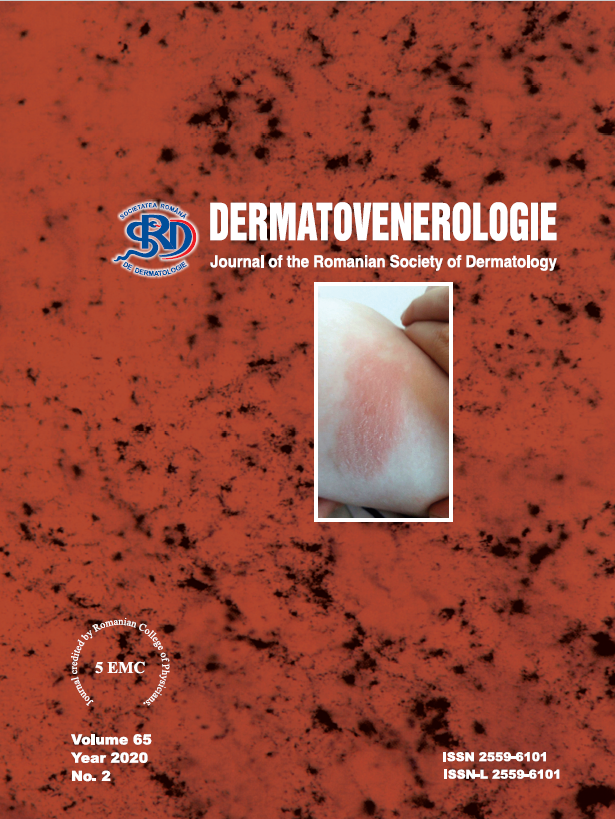Summary
Contact spectrophotometric analysis allows the
percentage quantification of the impairment level of 12
important physiological functions of the human body
(diabetes mellitus predisposition, allergy predisposition,
enzymatic status, assimilation level, metabolism level,
immune system status, level of cognitive functions,
hormonal status, healing and self-repair ability, emotional
status, functional level of the cardiovascular system, and
the general function of the nervous system) by measuring
the tissue concentrations of trace elements and heavy
metals.
In our study on psoriasis, those 12 physiological
functions characterized by the specific indexes, which were
calculated based on the software included in the device,
have indicated various impairment degrees, ranging
between 51.99% for the index of nervous system, 86.35%
for the index of emotional function, 86.36% for the index of
immune system, and 73.90% for the index of intestinal
absorption.
The indexes for the other physiological functions
(diabetes mellitus predisposition - 60.63%, allergy
predisposition - 59.08%, enzymatic status - 68.17%,
metabolism level - 63.64%, level of cognitive functions
-63.62%, hormonal status - 77.26%, tissue self-repairing -
64.08%, functional level of the cardiovascular system
-59.08% and index of nervous system function - 51.99%)
have been modified to variable proportions, which are
significant for explaining the symptomatology and
pathogenicity, as well as for completing the specific
psoriasis therapy.
Original articles
Main modifications of the body functions found by contact spectrophotometric analysis, under the influence of trace element imbalances and tissue heavy metals in psoriasis


